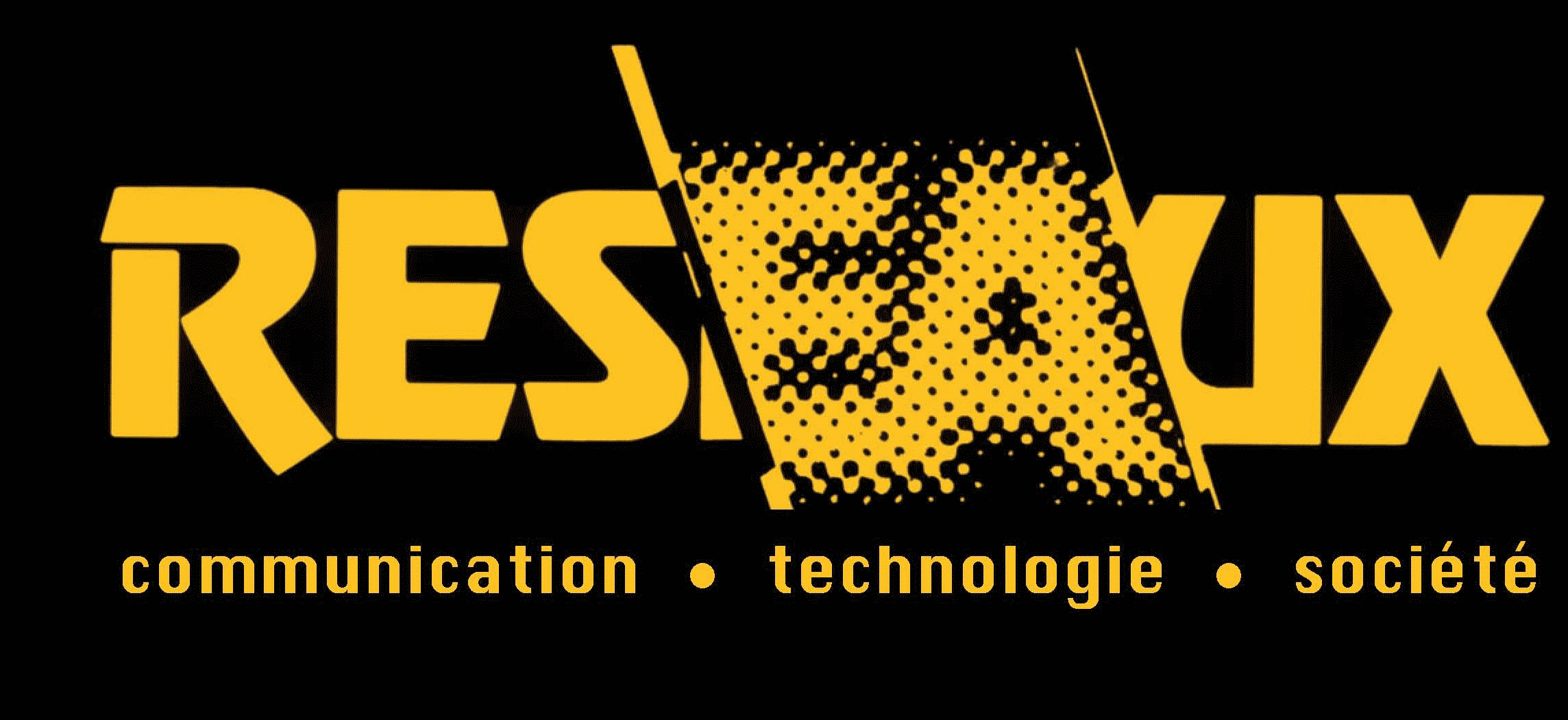Under the radar
The 2022 full-scale invasion of Ukraine and its repercussions have catalyzed profound shifts in Russia’s foreign policy. This article examines one such shift, focusing on the evolving actors and practices within Russia’s ecosystem of information influence. We define information influence in instrumental terms, as the range of practices leveraging information resources and technologies to shape the perceptions and behaviors of a target audience, with the aim of achieving outcomes aligned with the agent’s preferences, desires, or interests.
As the conflict spilled over into the global information space, Russian transnational state media outlets RT and Sputnik faced bans and deplatformization in Western countries. These sanctions prompted them to fragment their digital infrastructure, adopt more covert broadcasting strategies, and target new audiences, notably in sub-Saharan Africa.
Meanwhile, the Project Lakhta—one of the most sophisticated influence operations of the past decade—was partially dismantled and absorbed by Russian intelligence services and the Ministry of Defense. This transition followed the death in August 2023 of Lakhta’s sponsor, Yevgeny Prigozhin, founder of the Wagner Group and a key figure among Russia’s “entrepreneurs of influence.”
This restructuring has been accompanied by an intensification of covert disinformation campaigns, now increasingly outsourced to various “influence contractors” operating under Russian authorities. The RRN/Doppelgänger operation, carried out by digital marketing firms contracted by the Presidential Administration, illustrated this growing trend in Russia’s information influence.
This article explores how this multifaceted ecosystem has adapted following the dramatic escalation of the Russo-Ukrainian War, which precipitated the most severe political and security crises of the post-Soviet era.
- russian foreign policy
- information influence
- transnational state media
- entrepreneurs of influence
- influence contractors
